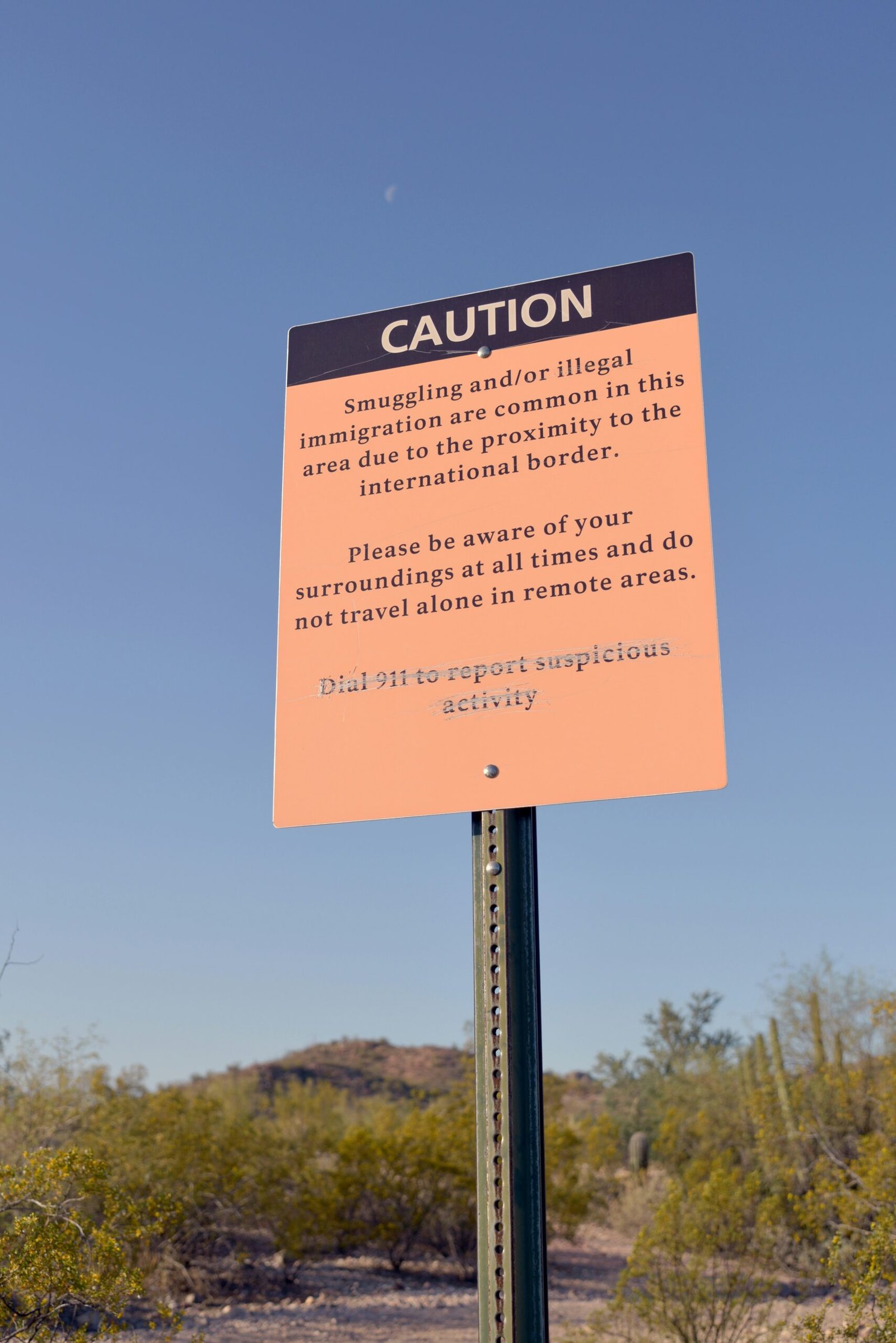Immigration policy reform has been a hot topic of debate in the United States for many years. As the country continues to grapple with the complexities of immigration, there have been several recent developments that have brought the issue to the forefront of public discourse. In this article, we will explore the latest reforms and debates surrounding US immigration policy, considering both political and humanitarian perspectives.
The Current State of US Immigration Policy
The current state of US immigration policy is a complex web of laws, regulations, and executive orders. The Immigration and Nationality Act (INA) serves as the foundation for immigration law in the United States, outlining the various categories of individuals who are eligible for visas and providing guidelines for the admission and removal of immigrants.
However, the implementation and enforcement of immigration policy has been a subject of controversy and debate. The Trump administration’s “zero tolerance” policy, which resulted in the separation of families at the border, drew widespread criticism and sparked a national outcry. This led to calls for comprehensive immigration reform and a reevaluation of the country’s approach to immigration.
Recent Developments in Immigration Policy
In recent years, there have been several significant developments in US immigration policy. One of the most notable changes came with the election of President Joe Biden, who promised to reverse many of the restrictive policies put in place by his predecessor.
Shortly after taking office, President Biden signed a series of executive orders aimed at undoing the Trump administration’s immigration policies. These orders included the establishment of a task force to reunite families separated at the border, the review of the Migrant Protection Protocols (also known as the “Remain in Mexico” policy), and the suspension of deportations for certain noncitizens.
In addition to these executive orders, there have been ongoing discussions in Congress about comprehensive immigration reform. The US Citizenship Act of 2021, introduced by President Biden, seeks to provide a pathway to citizenship for undocumented immigrants, reform the legal immigration system, and address the root causes of migration from Central America.
The Political Debate
Immigration policy reform is a deeply political issue, with differing opinions and perspectives from both major political parties. Supporters of stricter immigration policies argue that the country needs to secure its borders and prioritize the interests of American citizens. They believe that stricter enforcement measures are necessary to deter illegal immigration and protect national security.
On the other hand, advocates for more lenient immigration policies argue for the importance of compassion and humanitarianism. They emphasize the contributions that immigrants make to the economy and society, and believe that a more inclusive approach to immigration is both morally and economically beneficial.
The Humanitarian Perspective
From a humanitarian perspective, the treatment of immigrants and refugees is a critical concern. The United States has long been seen as a beacon of hope and opportunity for those fleeing persecution and seeking a better life. However, the reality is often far from ideal.
Issues such as family separations, detention facilities, and the backlog of asylum cases have raised serious human rights concerns. Advocates for immigration policy reform argue for a more compassionate and humane approach, one that upholds the country’s values and respects the dignity of all individuals.
The Future Outlook
While the recent developments in US immigration policy are a step in the right direction for advocates of reform, there is still much work to be done. The path to comprehensive immigration reform is likely to be long and challenging, with numerous political and logistical hurdles to overcome.
However, there is hope that a more balanced and humane approach to immigration can be achieved. As the country continues to grapple with the complexities of immigration, it is important to remember the values that the United States was built upon – inclusivity, diversity, and opportunity for all.
In conclusion, the latest reforms and debates surrounding US immigration policy highlight the need for comprehensive immigration reform that takes into account both political and humanitarian perspectives. By finding common ground and working towards a more inclusive and compassionate approach, the United States can strive towards a more just and equitable immigration system.

































